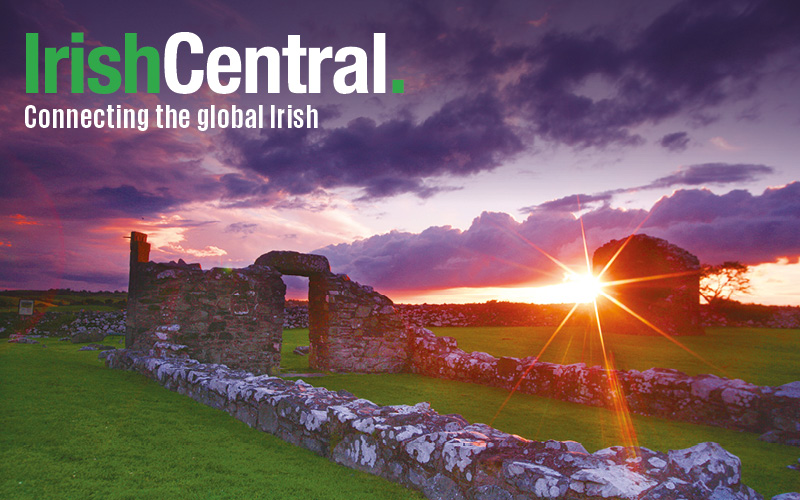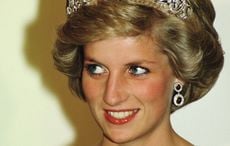When the teeming mass of Irish people arrived in America after the Famine, they were soon stereotyped as criminals and subjected to immense prejudice and bigotry.
In the immediate aftermath of their arrival, thousands of Irish led miserable lives far away from their homeland; homesickness, bereavement and unemployment as a result of vicious sectarian prejudice meant many turned to petty crime. The Irish love of a good drink often meant fights kicked off, no doubt partly also the result of poor and cramped living conditions.
Throw in the unveiled sectarian prejudice of their new Protestant neighbors and the Irish found themselves castigated as drunks and criminals.
Naturally, law enforcement rarely hired Irishmen. Beating up and arresting Irishmen was much more their thing.
“By the 1840s there’s all this anti-Catholic, anti-Irish fervor in urban areas, so it made sense to a lot of nativists that ‘of course we’re not going to hire Irish cops,’” historian Meaghan Dwyer-Ryan from the University of South Carolina Aiken told the History Stories blog.
From this inauspicious beginning, however, the Irish transformed themselves from the criminal class to the cop class. For much of the 20th century, Irish Americans have dominated the ranks of law enforcement professionals - particularly on the East Coast.
So how did the Irish rise up from the poverty and horror of the Great Hunger to become America’s policemen and women?
The first Irish cop is widely considered to have been Boston's Barney McGinniskin in 1851. He was, however, quickly fired after concern was raised that his continued employment would set a dangerous precedent and lead to more Irish cops.
The Irish got their first real foot in the door after they began to vote in large enough numbers that politicians had to take them seriously. Democratic legislators (who the Irish tended to strongly support) found one way to keep their votes was to hire them as cops.
Once that happened, the Irish began to hire their own: family and friends found their applications to join the police was greatly helped if you knew something - as in any industry.
To this day the Irish maintain a huge presence, far in excess of their overall numbers, in the nation’s police departments. The names of 9/11 first responders who died on that fateful day frequently begin with ‘Mc’ or ‘O’.
Read More: Remembering the Irish Americans we lost in the 9/11 attacks
And only last month an Irish cop, Ryan Nash, earned global praise after he took down an ISIS terrorist in New York City, shooting him in the abdomen after he crashed a truck into pedestrians.
From one hero to the next, honored to watch @NYPD1Pct Officer Ryan Nash receive a Bronze Star from a Vietnam Veteran who requested that it be given to him. Pinning it on is Det. Rodriguez and @USArmy Veteran Det. @YahaidaRuiz w DI Iocco DI Quick Cpt Taylor @NYPDEDAMaria ?? pic.twitter.com/CXRC7zMHU4
— Commissioner Ganley (@NYPDDCA) December 21, 2017
Read More: Hero NYPD Irish cop Ryan Nash guns down ISIS terrorist and stops massacre
As the history of the Irish in America is written and rewritten, our contribution to keeping America safe through the courage of Irishmen and women in blue must surely rank as one of our most enduring achievements.
Now it is the Mexicans who are stereotyped as "bringing drugs [and] bringing crime" into the United States.




Comments